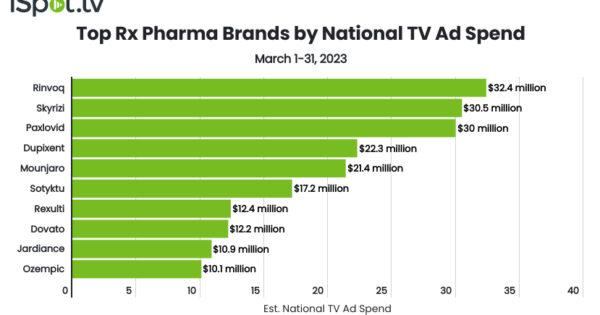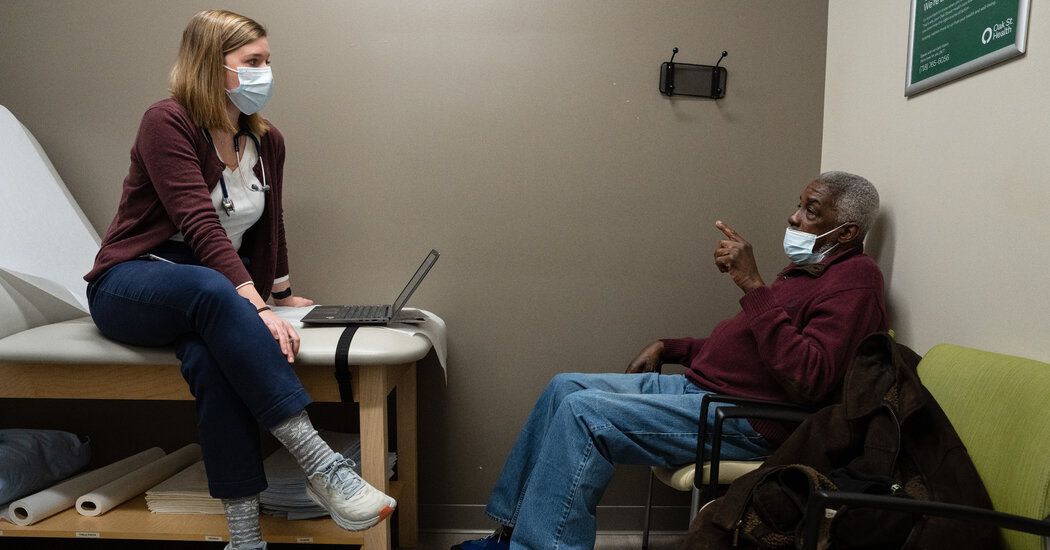- Joined
- Apr 25, 2009
- Messages
- 9
- Reaction score
- 2
I was talking to a family friend who was saying that they could not recruit specialists to their group so had to sell their practice to private equity.
Seeing also the hyper-concentration of large healthcare groups. For example in my area, UPenn and Jefferson have bought almost all the hospitals in the Delaware valley and dominate the market. Contracts typically have aggressive noncompete clauses like 20-25 miles crossing state lines. The contracts may look good to first blush for a fellow, but 3 years later pay either stagnates or the RVU thresholds increase on renegotiation. Don't like it? Pull your kids out of school and go to a rural area and rinse and repeat. And you go far enough you start to see the creep of sprawling health systems from the other side of Pennsylvania in terms of UPMC.
I'm not holding my breath for any US administration to undo restrictive covenants, as I am sure the hospital lobby will shoot it down, at least for "non-profit" organizations. At this point there's no difference in behavior between a #1 US News academic nonprofit healthcare system like this and Prime Healthcare - they are both equally profit seeking in my view.
Then you have APPs being hired more and more for new jobs, ratio of APP to MD seems at times 10::1. I see Optum (which previously was a benefits company, now creeping into healthcare) and CVS Health opening up "primary care" practices and only advertising for positions for APPs.
Are the walls closing in? Are we seeing the death of medicine as we know it? What's the antidote? None of us learned real business skills in medical school - we wouldn't know how to hang a shingle if we wanted to.
Pharmaceutical industry is a way out of this cycle but not very rewarding and trading one set of headaches for another.
Beyond just b****ing about it - which can only be so therapeutic - curious to see what solutions or ways to break this cycle might be. Maybe there is a start up that will take a small fee to help reduce barriers and fast-track us to re-create private practices for MDs/DOs who want to get out of the false choice between mega-health system vs. Private equity. But then you have this problem like my family friend who is 65 and doesn't want to take call anymore, and with our MD/DO workforce shortage there is no one to take the baton, so dial up your private equity friends. Also to hang a shingle is so much more challenging now than in the 70s or 80sin this hyper-regulated environment, one small misstep and you will end up on DOJ's website as perpetuating healthcare fraud. In some ways internal medicine lends itself best to fee only primary care. Vs. specialties like hem/onc where the cost of entry is too high).
Seeing also the hyper-concentration of large healthcare groups. For example in my area, UPenn and Jefferson have bought almost all the hospitals in the Delaware valley and dominate the market. Contracts typically have aggressive noncompete clauses like 20-25 miles crossing state lines. The contracts may look good to first blush for a fellow, but 3 years later pay either stagnates or the RVU thresholds increase on renegotiation. Don't like it? Pull your kids out of school and go to a rural area and rinse and repeat. And you go far enough you start to see the creep of sprawling health systems from the other side of Pennsylvania in terms of UPMC.
I'm not holding my breath for any US administration to undo restrictive covenants, as I am sure the hospital lobby will shoot it down, at least for "non-profit" organizations. At this point there's no difference in behavior between a #1 US News academic nonprofit healthcare system like this and Prime Healthcare - they are both equally profit seeking in my view.
Then you have APPs being hired more and more for new jobs, ratio of APP to MD seems at times 10::1. I see Optum (which previously was a benefits company, now creeping into healthcare) and CVS Health opening up "primary care" practices and only advertising for positions for APPs.
Are the walls closing in? Are we seeing the death of medicine as we know it? What's the antidote? None of us learned real business skills in medical school - we wouldn't know how to hang a shingle if we wanted to.
Pharmaceutical industry is a way out of this cycle but not very rewarding and trading one set of headaches for another.
Beyond just b****ing about it - which can only be so therapeutic - curious to see what solutions or ways to break this cycle might be. Maybe there is a start up that will take a small fee to help reduce barriers and fast-track us to re-create private practices for MDs/DOs who want to get out of the false choice between mega-health system vs. Private equity. But then you have this problem like my family friend who is 65 and doesn't want to take call anymore, and with our MD/DO workforce shortage there is no one to take the baton, so dial up your private equity friends. Also to hang a shingle is so much more challenging now than in the 70s or 80sin this hyper-regulated environment, one small misstep and you will end up on DOJ's website as perpetuating healthcare fraud. In some ways internal medicine lends itself best to fee only primary care. Vs. specialties like hem/onc where the cost of entry is too high).




